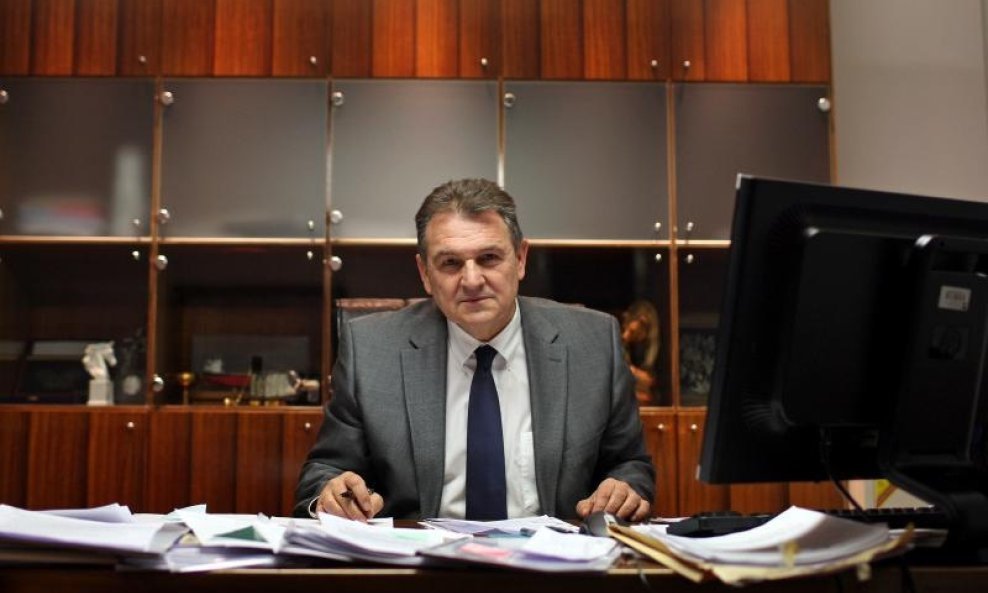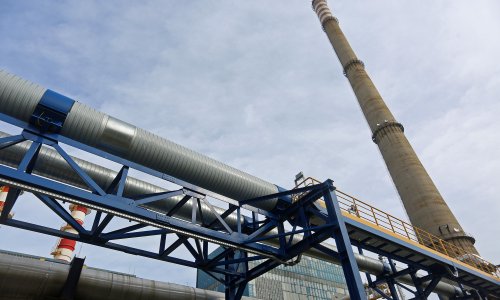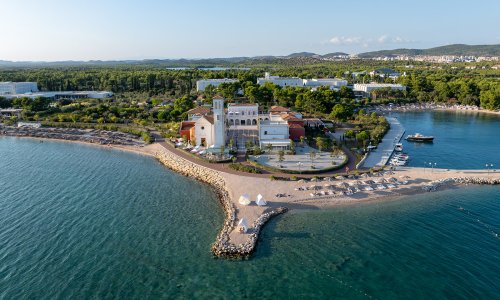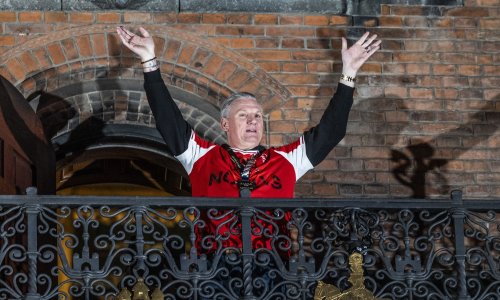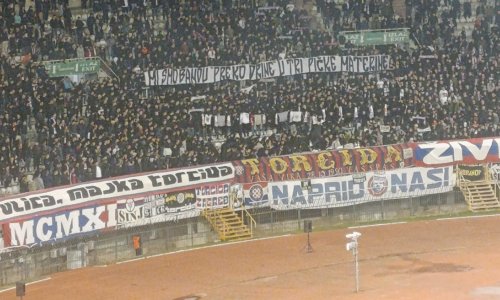Economy Minister Radimir Cacic said on Thursday the government had a clear position on shipyard privatisation, adding that shipyards must be competitive and meet the requirements set by the European Union, on the basic assumption that shipbuilding would survive in Croatia.
Speaking to the press after meeting with Danko Koncar, owner of Jadranska Ulaganja, a potential buyer of the 3rd May, Kraljevica and Brodotrogir shipyards, Cacic said decisions on their privatisation would be adopted already this week.
He said another tender for the privatisation of the shipyards was not an option.
Asked if Koncar was a serious investor, Cacic said that as far as the government was concerned, every investor was serious, "especially when it's about subjects as serious as shipbuilding." He said the government approached every investor seriously and analysed every offer equally. "We will adopt decisions in accordance with this country's interests."
A member of the press remarked that Koncar was telling the government one thing, another thing to the media and yet another to the unions, to which Cacic responded that "it's absolutely clear that it's not simple to communicate with the public about such sensitive subjects, when the fates of thousands of people and families depend on the decisions."
Cacic said negotiations on a deal were not held via TV. "There's no such thing. It's a little too ambitious to expect to have honest negotiators in front of the cameras."
Commenting on suspicions that his guarantees were not good, Koncar said he had never offered bank guarantees but corporate ones.
Asked if those guarantees were relevant, Cacic said the tender "clearly said that we are looking for guarantees and recapitalisation."
Asked how the issue of the Dioki company would be dealt with, Cacic said it was privately owned and that the government, therefore, could not see to it as if it was the owner. He added that Dioki was "a serious company with serious output and exports," but that demands that its workers be treated as those in public companies were inappropriate.



